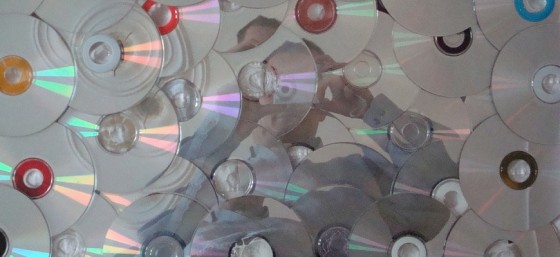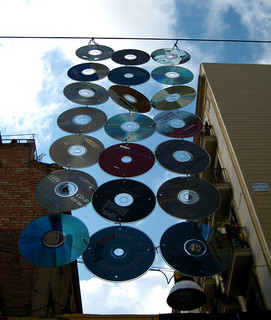
A few weeks ago, Jesse Braham sued singer Taylor Swift and her record label for $42 million for copyright infringement, alleging that she copied the lyrics from his song “Haters Gone Hate” in her song “Shake It Off.” Braham claimed to be the author of the phrases “Haters gone hate” and “Playas gone play,” which are similar to the lyrics in Swift songs. He claimed that Swift never could have written her song if it wasn’t for his. (Note: There are no other obvious similarities between these two pieces of music.)
Last Friday, United States District Court Judge Gail Standish dismissed the case in a brilliant fashion, saying, “At present, the Court is not saying that Braham can never, ever, ever get his case back in court. But, for now, we have got problems, and the Court is not sure Braham can solve them.”
So why did Taylor Swift win this case, legally speaking? (Anyone who read the article about the lawsuit probably thought Braham had no basis for bringing the claim.) Under the U.S. Copyright Act, to get a copyright, you need an original work of authorship that is fixed in a tangible medium. Writing lyrics for a song on paper or creating an mp3 of a song would each qualify as a copyrightable work. Short phrases are typically not original enough to quality as an “original work of authorship.” That’s why Paris Hilton couldn’t get a copyright for “That’s hot.”
If Braham had a copyright in “haters gone hate,” he could stop anyone from using the phrase unless they bought a license from him. As far as I know, he only went after Swift for infringement.
Braham also wanted credit as an author of “Shake It Off.” I suspect he was hoping for a similar outcome as the Sam Smith/Tom Petty case over Smith’s song “Stay with Me” where Petty was credited as a co-author in the settlement.
My question in this situation was, “What lawyer would take on case?” It’s a violation of the Rules of Professional Responsibility for a lawyer to file a lawsuit if their client doesn’t have a case. It turns out, Braham didn’t have a lawyer. He filed the lawsuit by himself. He also requested that the court waive the filing fees, saying that he had not had a job since 2006.
If you believe that someone is violating you copyright, please contact an intellectual property attorney in your community. These cases have to be evaluated on the facts of each situation. If you want to chat with me about a specific question related to copyright law, you can contact me directly or connect with me on Twitter, Facebook, YouTube, or LinkedIn.


